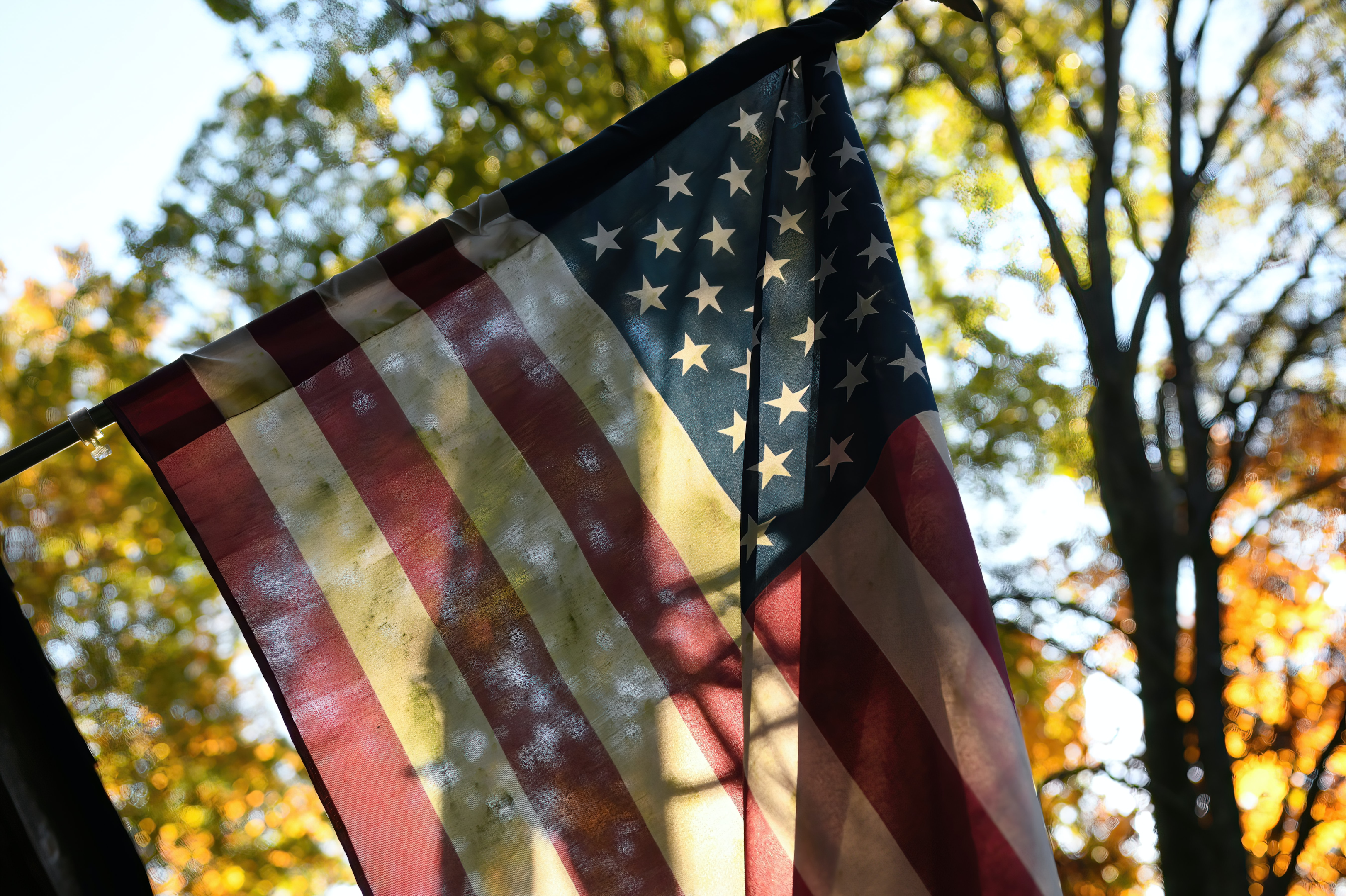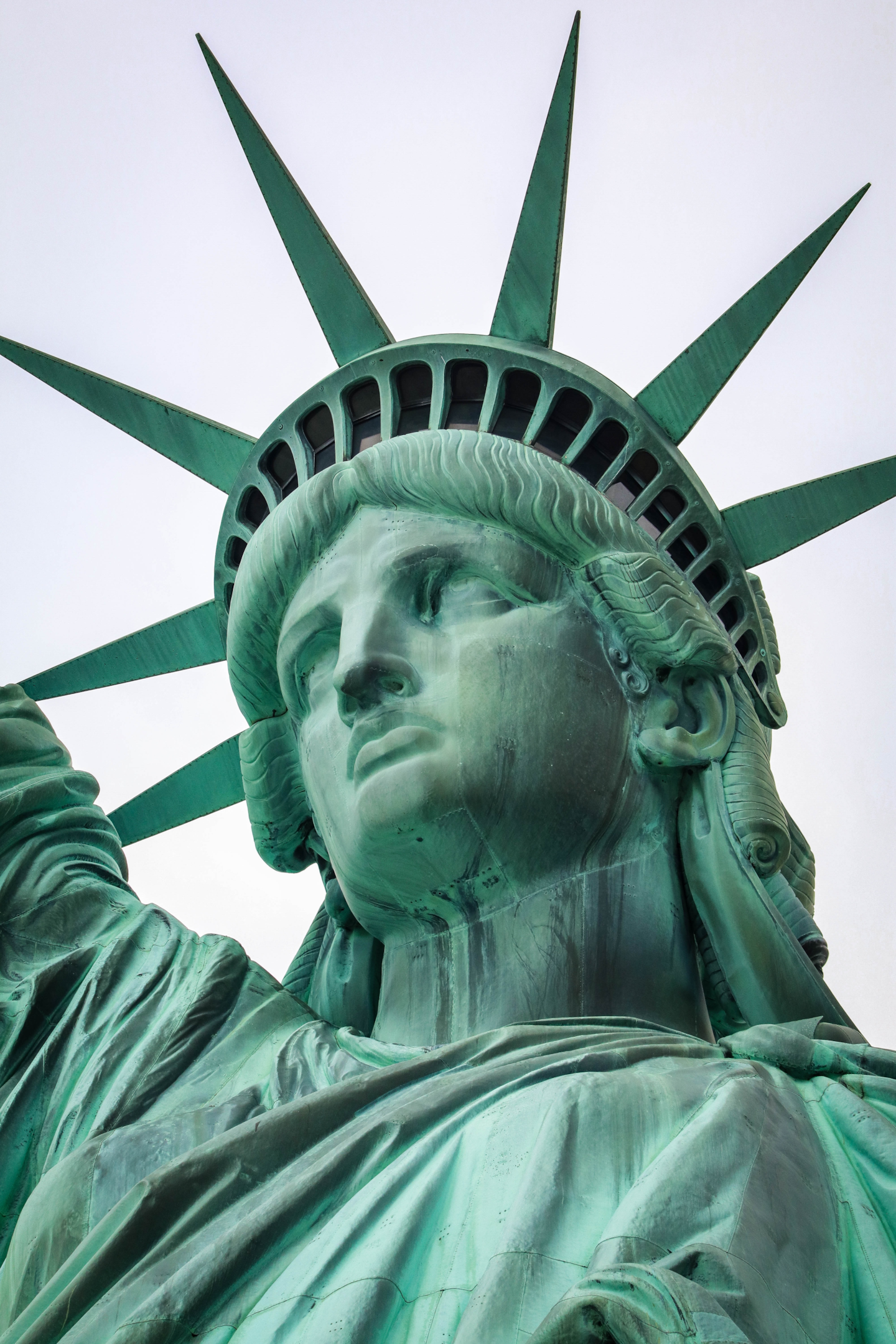Plans and Route Guidance
The classroom materials and professional development programs offered by the Library make it much simpler for teachers to teach their students using primary sources from the huge digital collection held by the Library and introduce them the US historical events in brief.
Find out how you can assist your pupils in doing an analysis of these primary sources by consulting the visual organizer and the instructions.
According to the Pew Research Center, the following ten historical events have had the greatest impact on the lives of American adults. Martin Luther King Jr. is the symbol of the American Revolutionary War. No one can deny the importance of George Washington in America’s story.
Rich Morin, Maeve Duggan, and Claudia Deane are the members of the team.
What it means to be an American is defined by the experiences that we all have in common. The terrorist events that took place on September 11, 2001, were such a defining moment for modern-day Americans.
According to Pew Research and History on A+E Networks, nothing that has happened since then even comes close to being as momentous or memorable as that event.
A survey of 2,025 participants was conducted online between June 16 and July 4, 2016, and the results showed that the majority of Americans (76 percent) consider the terrorist attacks that occurred on September 11, 2001 to be one of the 10 most significant events in American history.
American Civil War and World War II
The assaults on the Twin Towers and the Pentagon are recognized as being major milestones in American history. This is true across a broad spectrum.

The terrorist attacks on September 11, 2001, are regarded as one of the ten most important historical events to have taken place in the United States by the vast majority of men and women, Millennials and Baby Boomers, Americans with college educations and those with only a high school diploma.
According to the findings of a survey, the election that is taking place this year looks to be the only time in recent memory that Republicans and Democrats agree on something other than the attacks.
The perspectives of black people and white people are the only ones that differ from this pattern. It is obvious that the attacks on September 11 are the most significant event for white people, but for black people, this distinction is shared with the election of Barack Obama as the most important event.
Although it is not among the top 10 most significant events in the lives of white people, the civil rights movement is considered by white people to be the third most significant event in their history.
The US’s historical events in brief: The overwhelming agreement among people
The overwhelming agreement among people regarding the importance of September 11th is almost as shocking as the precipitous drop in the percentage of Americans who can name other significant events.
The election victory of Barack Obama was referenced by forty percent of the general public, making it the event that was mentioned the second most frequently after 9/11.
The vast majority of individuals are completely unable to recollect any additional names or details of events. In addition to the killing of John F. Kennedy and the war in Vietnam, this timeline also includes the invention of the internet, personal computers, smartphones, and other developments in technology.
The lessons that a generation learns via their own life experiences have a considerable bearing on how that generation interprets current historical events.
The data collected over a whole generation can be analyzed.
The findings of the study tend to be age-specific as a result of the fact that respondents were asked to recall experiences that took place during the course of their life.
Millennials and members of Generation X have a more limited historical knowledge base than either Baby Boomers or members of the Silent Generation due to the shorter lifespans of these two generations.
The fact that younger Americans did not cite World War II does not indicate that they do not believe it was an important historical event; rather, it indicates that they were not alive to witness it when it took place and hence have no personal connection to the era in which it occurred.
Individuals, as well as entire generations, have distinct personalities that can be traced back to significant events that took place during their formative years. The Spanish American War was considered the next most important event in the story. The first continental congress was proof of this.
This is also true of generations. World War II served as a unifying force that brought together members of the Greatest Generation and the Silent Generation. On this list of noteworthy events, only September 11th receives a higher ranking from these respondents (44 percent) than September 12th (59 percent ). The Cold War has brought different attitudes.
One of the most significant historical events
The killing of John F. Kennedy, the Vietnam War, and the landing of Apollo 11 on the moon all stand out in the memories of Baby Boomers as significant historical events that took place during their lifetime and are associated with their generation. 41 percent of Baby Boomers also mention the Vietnam War, and 35 percent identify the moon landing as being among the top ten events of their lives. The French and Indian War was also an important event.
The assassination of John F. Kennedy is mentioned by 35 percent of Baby Boomers (events that are also on the top 10 list for the Silent Generation).
Millennials and members of Generation X have already prioritized attending September 11 memorial services and watching Barack Obama become the first black president of the United States of America on their personal bucket lists.
Younger generations are characterized by a high degree of unanimity, which differentiates them from generations that came before. Eighty-six percent of Millennials think that the events of September 11 and Barack Obama’s administration were important moments in history.
In a similar vein, forty percent of millennials consider the election of Barack Obama to be the most significant event of their generation, whereas seventy-nine percent of Gen Xers consider September 11th to be the most significant event of their generation. Historical events are brought up in conversation by more than a quarter of the older generation.
The generational gap between baby boomers and millennials
When comparing President Obama’s presidency to the events of September 11, 2001, the generational gap between baby boomers and millennials is the greatest.
People from all walks of life have been most likely to bring up the terrorist events that took place on September 11 as a topic of conversation. The percentage of people in each generation who share this opinion, however, varies greatly from one generation to the next.
Only 59 percent of Baby Boomers and older adults believed the terrorist events on September 11 were serious. However, 86 percent of Millennials share this opinion.

